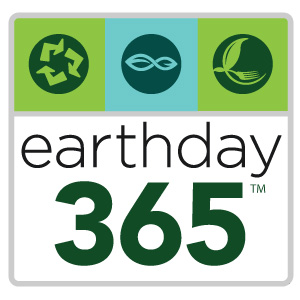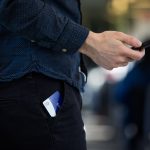Imperfect Inconvenience
While my zero-waste journey began with a slow progression of learning and making small changes in my life, in the last year I have been more actively working to reduce the waste that I produce. I would like to say that all parts of the transition have been easy and that everyone can easily do it. In reality, it has been difficult and defeating for me. I don’t mean to say that the entire has process has been marked that way, but I have found that zero-waste living isn’t always talked about. I recently moved to St. Louis from Seattle, Washington. In Seattle, composting food scraps is normal, and plastic straws and bags are banned within city limits. It was probably the best place to be while working towards zero-waste. Even so, I found myself driving to many different stores in order to get certain products in bulk, realizing they weren’t very good and having to start again from square one. It felt inefficient and exhausting. I found myself frustrated by having to go to so many places to get the things I needed. I also found that buying in bulk didn’t actually mean saving money – oftentimes it meant spending more money.
After moving to St. Louis, I think the biggest challenge has been adapting to a place where composting is not normal and where store-standard is to put everything in a bag. I’ve had to build a compost bin (it was cheaper than buying one) out of pallet boards. I have to be willing to be uncomfortable and ask not to have my items bagged. It has forced me to be gracious to myself when I accidentally forget my grocery bags at home or forget to stop the bagger from bagging the bananas I just purchased.
The reality is that working towards zero-waste is incredibly imperfect and inconvenient. When I met with Jen Myerscough last month, she talked about how she tells people to allow themselves to be inconvenienced. I thought that was an incredibly accurate way to talk about a zero-waste lifestyle. It’s inconvenient to carry around a container when you go out to eat for leftovers along with your water bottle, travel mug and cloth napkin. It takes time and much more planning than a life that is driven by convenience and efficiency. Zero-waste will always be imperfect in some capacity, and allowing yourself to be inconvenienced imperfectly is the only sustainable way to strive for sustainability.
In a time where we have access to so much information, all the knowledge about waste can be incredibly debilitating. We are also able to see so many people and families that seem to live a wasteless life effortlessly. My reality is that I shop at Trader Joe’s sometimes, and I even let myself have a sample. I compost, but I don’t have a garden and don’t make all my own household products and canned food. I can’t afford Whole Foods, so the meat I buy isn’t organic and local. However, I am working towards one day having my own garden and being able to can and preserve the vegetables and fruits I grow. I bring my water bottle and travel coffee cup everywhere and keep grocery bags in my car. I’ve started to give plastic bags back to the checkers who bag the one item I purchased. I have had to be reasonable with myself and the world in this journey towards zero-waste. Every person is different, every city is different, and every small effort adds up to make a significant difference in the waste we produce. To all of you new or old to zero-waste, don’t forget to give yourself grace in your journey and recognize all the waste you have not produced. If you would like to connect, share ideas, and get fired up about environmental justice, please reach out!
Thank you! 
Nicole Hall



